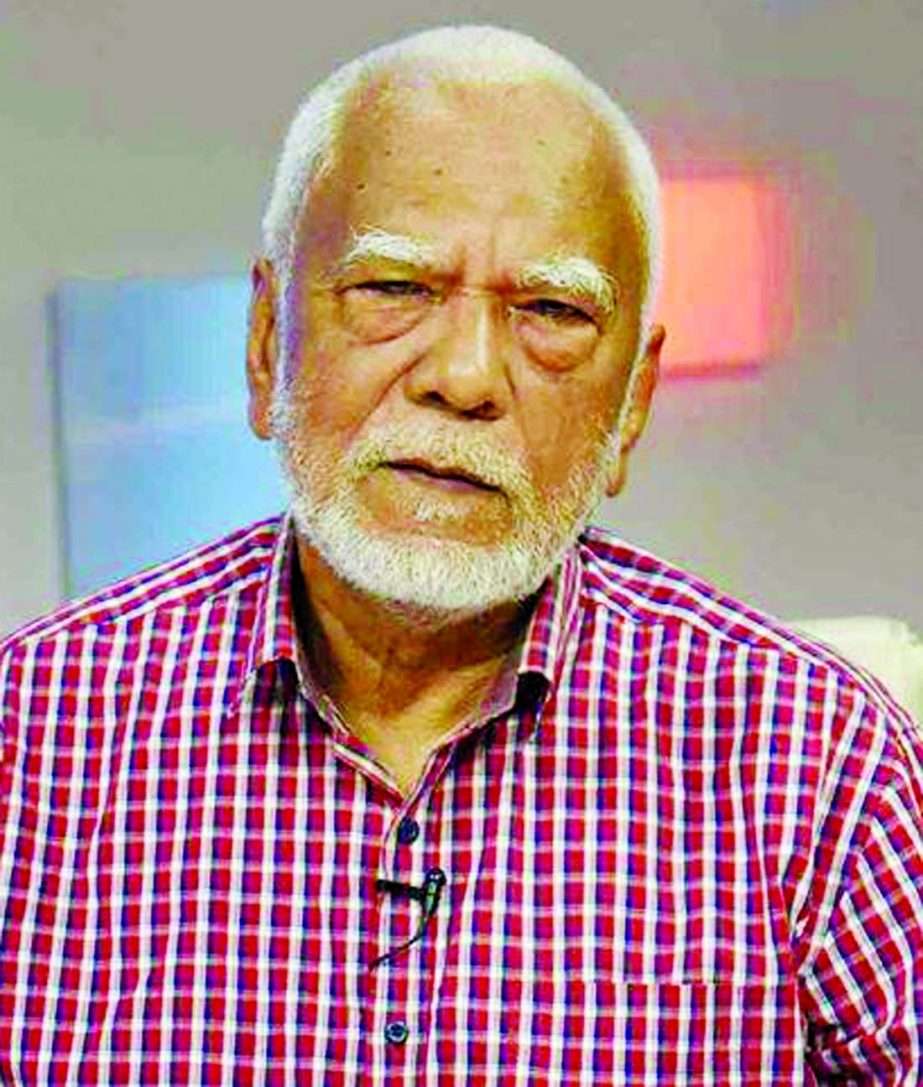
Al Amin :
The government is likely to project a 6.2 per cent budget deficit for the upcoming fiscal year amid sluggish economic activities caused by the ongoing Covid-19 pandemic.
That means the deficit would exceed the threshold of 5 per cent of the GDP that usually remain in projection over the years.
Officials said that the government has to project a higher budget deficit this year on account of low revenue mobilization and high public spending to offset the pandemic fallout in the country.
The revenue shortfall hits Tk 62,000 crore as of April of the current fiscal year (2020-21), according to the National Board of Revenue.
The total size of the proposed budget is likely to be around Tk 6 trillion, whereas the revenue collection target is Tk 3.3 trillion.
The overall budget deficit will be set at Tk 214,681 crore which is 6.2 per cent of the Gross Domestic Production (GDP). The budget deficit was Tk 190,000 crore in fiscal 2020-21 and Tk 153,508 crore in fiscal 2019-20, according to official documents of the Finance Ministry.
The Finance Minister AHM Mustafa Kamal will place the budget in the parliament on June 3.
The budget deficit is expected to be filled by domestic borrowing from banking and non-banking sources as there is sufficient liquidity in the sector, although the foreign borrowing also exhibited a considerable increase the current fiscal year.
The government has targeted to borrow some Tk 100,000 crore from there while Tk 30,000 will come from savings certificates and rest of the money will come from foreign grants and loans.
Dr Zahid Husain, former lead economist of World Bank Dhaka office, told The New Nation, “The planned deficit is not a problem for our economy, if the money is being used properly.”
“The budget deficit would not be a burden for Bangladesh. It is still at tolerable level compared to the country’s GDP,” he added.
He further said the possibility of facing loan risk is still lower but we have to be more cautious and well-planned regarding the development expenditure in the coming days.
“There are many problems in the development expenditure management. These should be removed. The government must ensure good governance in terms of public expenditure,” he added.
Prof Abu Ahmed, eminent economist, said, “The projected deficit is expected in reality of the present context of slowed economy caused by the Covid-19 pandemic.”
However, the budget will be expansionary aiming at recovering the country’s economy and saving peoples’ lives, he added.
He also suggested that the government should be more cautious to take loans from the external sources as many foreign agencies want to provide loans at hard terms and conditions.
Despite of receiving significant increasing in external funding support commitments from different multilateral and bilateral sources, the disbursement of the funds has been lagging behind.
The World Bank (WB), International Monetary Fund (IMF), the Asian Infrastructure Investment Bank (AIIB) and Asian Development Bank (ADB) are four external sources that have promised a sizeable amount of $6.03 billion in loans.
However, disbursement stood at only $1.79 billion as of March 2021, which amounts to only 29.78 per cent of the commitment.
As a result, both Annual Development Programme (ADP) expenditure and non-ADP expenditure have seen down trend in the current fiscal year.
It is important for the government to pay special attention to ensure speedier disbursement of this pledged fund, economists suggested

